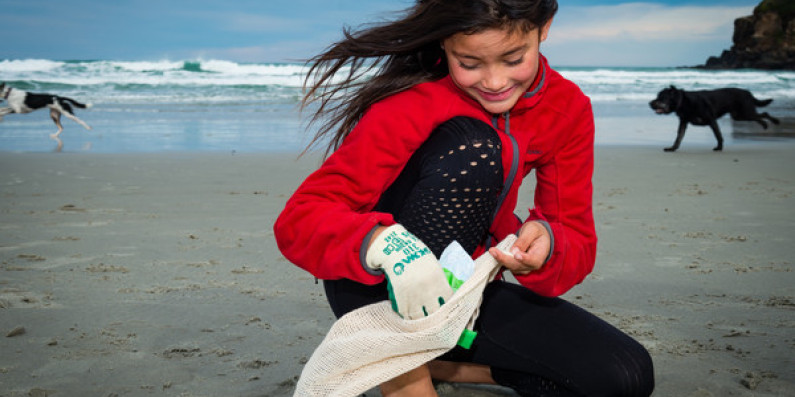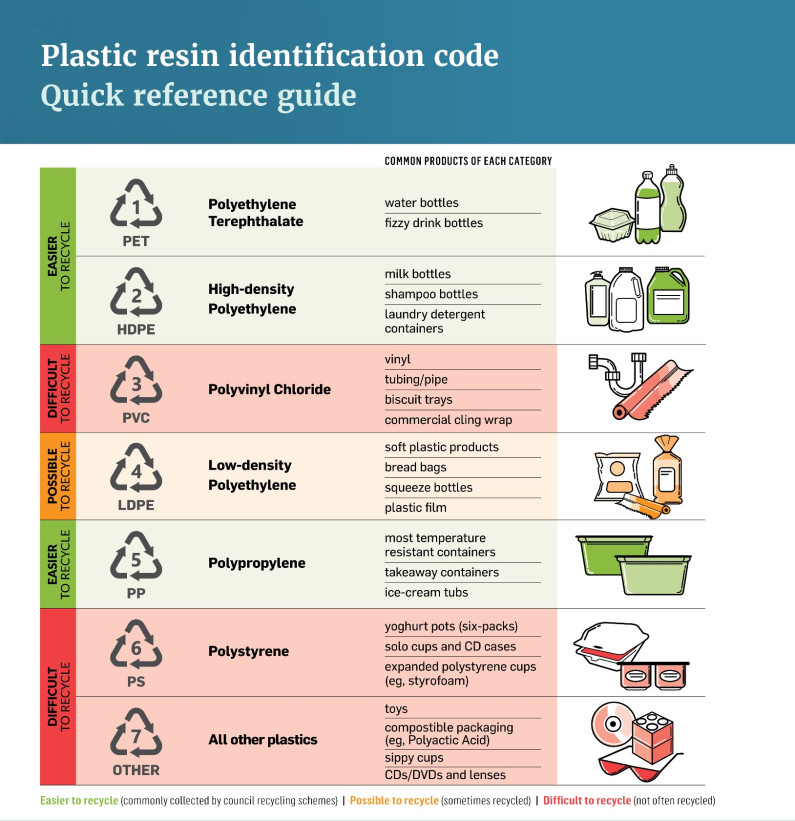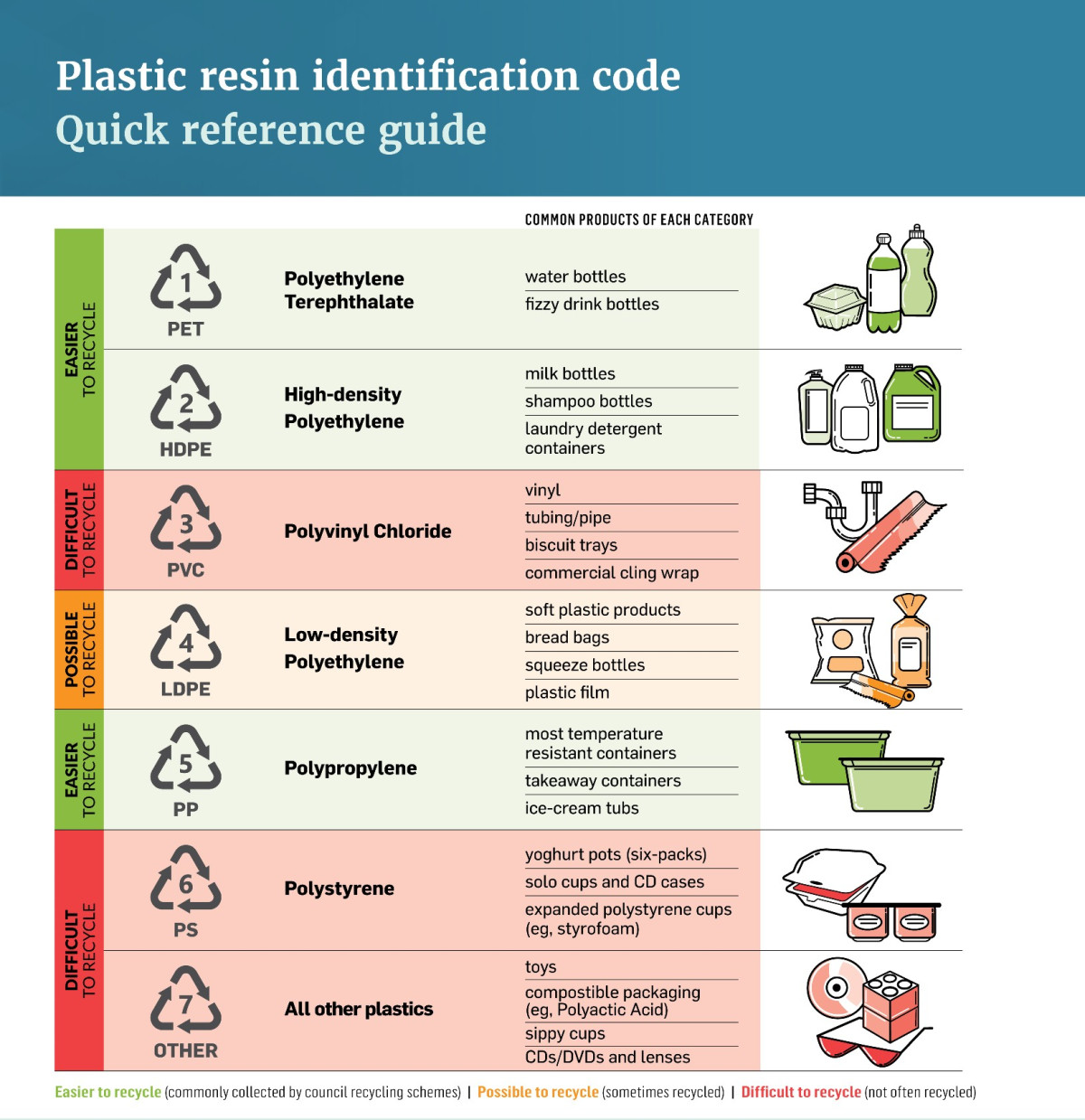
Phasing out hard-to-recycle and single-use plastics
The Government is phasing out certain hard-to-recycle plastics and six single-use items in three tranches.

The Government is phasing out certain hard-to-recycle plastics and six single-use items in three tranches.
The Government has removed the 2025 deadline for the third tranche of plastic phase-outs. The 2025 deadline included all PVC and polystyrene food and drink packaging not covered by the previous phase-outs.
We will be undertaking further work in the coming months to inform next steps, and we will be reaching out to stakeholders on specific issues to support our advice to the Minister and Cabinet.
We will update this webpage with more information as it becomes available.
For more information on the phase-outs see:
Plastic is one of our greatest environmental challenges. It regularly ends up as waste in our landfills, our moana and whenua. Hard-to-recycle packaging and products can interfere with our recycling systems and are often used only once before being disposed of.
Shifting away from hard-to-recycle and single-use plastics will help reduce plastic waste, improve our recycling systems and protect our environment. This shift is also part of a wider ambition to move Aotearoa New Zealand towards a low-emissions, low-waste economy.
The Government consulted publicly on its phase-out proposals in 2020. This was part of a broader response to the Rethinking Plastics in Aotearoa New Zealand report released by the Prime Minister’s Chief Science Advisor in 2019.
We received close to 8,000 submissions during the consultation. Most were in support of the proposals. There was a high level of response from the general public, affected businesses, environmental and community groups, and local government agencies.
Read the summary of submissions we received
Read the individual submissions we received
Items that are easier to replace are being phased out sooner than those that are more challenging to replace. This approach strikes a balance between public feedback for fast action and providing businesses with adequate time to prepare.
Providing information early on the phase-outs allows time for businesses and the public to adjust (eg, use up old stock, make changes to product lines and find suitable alternatives).
Practical alternatives are readily available for some of the items and plastic types being phased out. Many businesses and individuals have already made changes. Alternatives may include reusable items (eg, metal spoons or reusable containers), non-plastic alternatives or easier to recycle plastics (such as types 1, 2 and 5) instead of PVC and polystyrene packaging.
See guidance on single-use plastic products banned or phased out from July 2023
Bio-based and compostable plastics have emerged as alternatives to some traditional plastics. Compostable alternatives often require processing in a commercial composting facility to break down. These are not available everywhere in Aotearoa New Zealand. In general, bio-based plastics behave in a similar way to conventional plastics and will not degrade in the same way as their original source material. If these plastics become litter they can harm wildlife in the same way as conventional fossil fuel plastic products.
The phase out of drink stirrers, plastic-stemmed cotton buds, plastic produce bags, plastic plates, bowls and cutlery and plastic straws extends to all types of plastic including compostable and bio-based plastics.
We encourage businesses looking for alternatives to the hard-to-recycle plastics being phased out to consider reusable or recyclable alternatives in the first instance.
Read the Ministry’s position statement on compostable products
The illustration below shows the different types of plastic and how recyclable they are in Aotearoa New Zealand. Plastic types are usually identifiable by a small number inside an arrow triangle.

| Common products of each category | |||
| Easier to recycle | |||
| Plastic type 1 | Polyethylene Terephthalate (PET) |
|
|
| Plastic type 2 | High-density Polyethylene (HDPE) |
|
|
| Difficult to recycle | |||
| Plastic type 3 | Polyvinyl Chloride (PVC) |
|
|
| Possible to recycle | |||
| Plastic type 4 |
Low-density Polyethylene (LDPE) |
|
|
| Easier to recycle | |||
| Plastic type 5 | Polypropylene (PP) |
|
|
| Difficult to recycle | |||
| Plastic type 6 | Polystyrene (PS) |
|
|
| Plastic type 7 | All other plastics |
|

| Common products of each category | |||
| Easier to recycle | |||
| Plastic type 1 | Polyethylene Terephthalate (PET) |
|
|
| Plastic type 2 | High-density Polyethylene (HDPE) |
|
|
| Difficult to recycle | |||
| Plastic type 3 | Polyvinyl Chloride (PVC) |
|
|
| Possible to recycle | |||
| Plastic type 4 |
Low-density Polyethylene (LDPE) |
|
|
| Easier to recycle | |||
| Plastic type 5 | Polypropylene (PP) |
|
|
| Difficult to recycle | |||
| Plastic type 6 | Polystyrene (PS) |
|
|
| Plastic type 7 | All other plastics |
|
If you have questions contact the plastic phase-out team at plastics@mfe.govt.nz.
If you suspect a business isn't complying with the plastics bans, please fill out the online form.